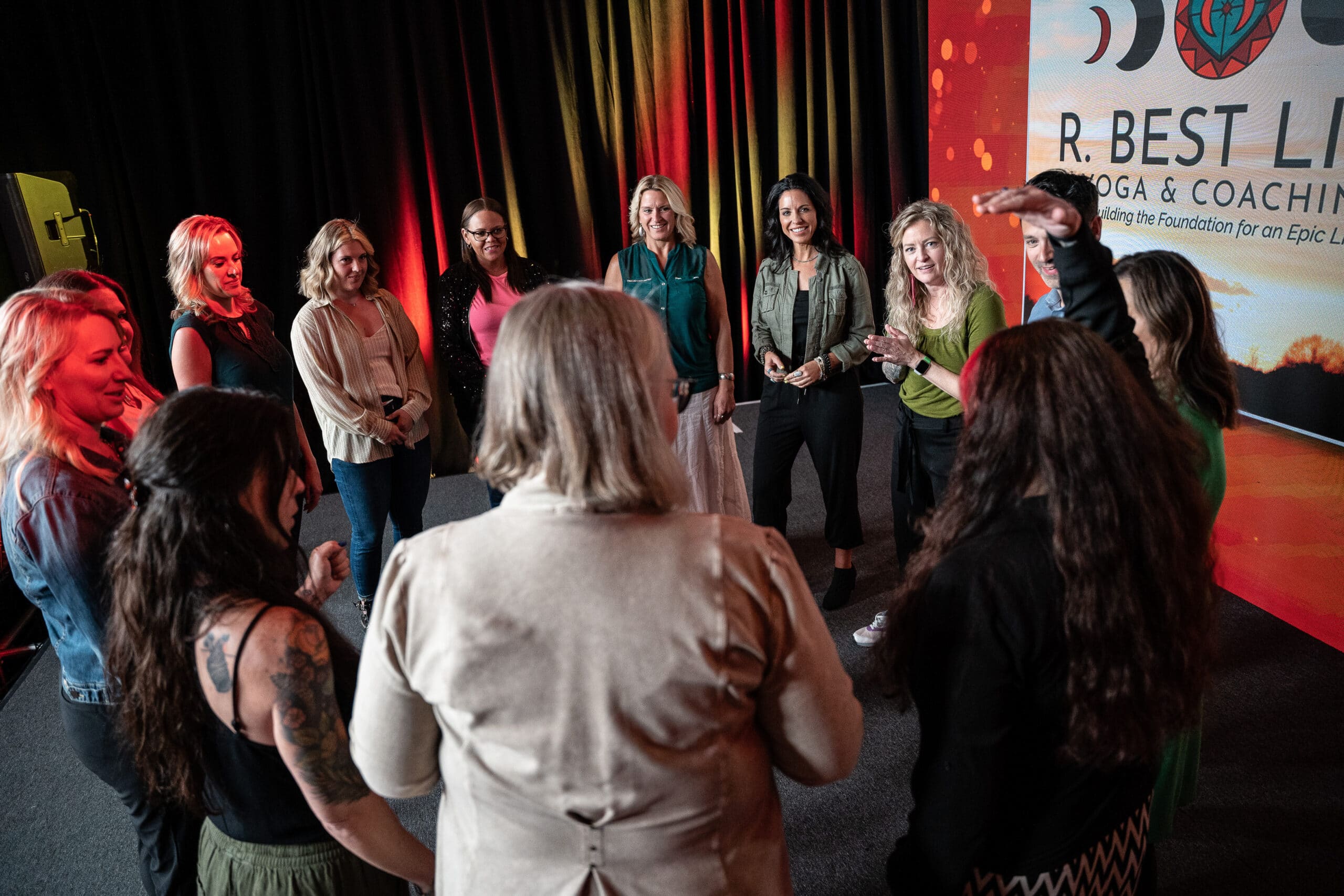Improvisation, or improv, extends beyond comedy shows and has become a valuable business tool. It enables organizations to promote teamwork, collaboration, positive engagement, and mindfulness. By adopting the principles of improv, professionals from diverse industries can develop essential skills for entrepreneurship, creativity, and effective leadership.
Active listening is a fundamental skill in improv. By truly hearing and accepting contributions from others, performers can create scenes together. In a business context, listening skills are crucial for adopting a business-partnering approach. Understanding others’ goals and objectives enhances decision-making and communication, fostering rapport and influencing outcomes.
Improvisation workshops improve participants’ ability to read nonverbal cues, such as body language and facial expressions. This skill provides valuable insights into others’ thoughts and reactions. Professionals can effectively navigate meetings, anticipate discomfort or resistance, and guide conversations in a productive direction, facilitating collaboration across diverse teams.
Improv workshops provide a safe space to practice public speaking, quick thinking, and soft skill development. For finance professionals, this helps deliver information, engage with stakeholders, and use technical expertise to persuade and make decisions. Improv builds confidence, adaptability, and credibility in unexpected situations, fostering effective communication and bridging perspectives between departments.
The core principle of improv, “yes, and…,” encourages accepting and building upon others’ ideas. In a business setting, responding with “yes, and…” instead of shutting down proposals fosters constructive dialogue and problem-solving. By embracing this mindset, professionals can navigate difficult client requests, explore alternative solutions, and build stronger relationships based on collaboration and innovation.
Improv workshops serve as excellent team-building activities, prioritizing collaboration over competition. The idea that everyone looks good when they make others look good is emphasized. Through interactive exercises and games, participants contribute ideas and develop narratives together, fostering pride and camaraderie. Improv also promotes creative thinking by silencing inner critics and creating an environment where bad ideas are seen as stepping stones to good ideas.
How to Start Using Improv at Work?
- Embrace the “Yes, And” Mindset – In the business world, adopting the “Yes, And” principle from improvisation can be transformative. Emphasize unconditional acceptance of ideas and build upon them. Encourage open-mindedness and collaboration by reframing responses from “Yes, but” to “Yes, and” . This approach promotes engagement, conflict management, and stronger relationships with both internal colleagues and external stakeholders.
- Develop an Improvisor’s Mindset – Nurture an adaptive and entrepreneurial mindset within the organization. Encourage employees to embrace problem-solving and explore the potential of ideas before passing judgment. Foster a culture that values flexibility, innovation, and a willingness to take calculated risks.
- Warm Up for Positive Energy – Recognize that energy and attitude are choices that can influence others. Encourage employees to warm up before important interactions, such as meetings, phone calls, or presentations. Engage in physical activities like stretching, moving, or deep breathing to increase blood circulation and oxygen flow to the brain. Energize yourself and create a positive “game state” that can positively impact those around you.
- Listen and Communicate Actively – Effective communication is key in both improv and business. Encourage active listening and being fully present in conversations. Rather than focusing on what to say next, encourage employees to listen with their entire body and respond authentically to what others are saying. By engaging with team members, vendors, and clients in a meaningful way, you can foster stronger relationships and collaboration.
- Foster a Culture of Acceptance and Collaboration – Instill a team-oriented culture where collaboration is valued, similar to improv groups. Recognize that the collective intelligence of a team surpasses that of any individual. Set clear expectations that, for a specified period of time, every idea brought to the table will be unconditionally accepted for exploration. Create an environment where everyone feels engaged and empowered to participate fully in meetings and discussions.
Ready to unlock the potential of improv in your organization? Hire an improv coach for a business and executive workshop today and start reaping the benefits!
Here’s how you can take the next steps:
Look for improv coaches or trainers who specialize in business workshops. Seek recommendations, read reviews, and explore their experience and expertise in working with professionals from diverse industries.
Discuss your organization’s specific needs and goals with the improv coach. Collaborate to design a workshop tailored to address your team’s challenges and desired outcomes. This ensures maximum relevance and impact for your employees.
Schedule the workshop and communicate its importance to your team. Encourage participation and emphasize the value of developing essential business skills through improv. Create a supportive and inclusive environment that fosters openness and creativity.
After the workshop, encourage participants to reflect on their experience and apply the newfound skills in their daily work. Support ongoing growth by incorporating improv techniques into team meetings and fostering a culture of acceptance, collaboration, and active listening.
Remember, improv is not just for comedy shows—it’s a powerful tool for enhancing teamwork, communication, and creativity in the business world. By investing in an improv workshop, you’ll equip your team with the skills they need to thrive in today’s dynamic and fast-paced professional landscape.

